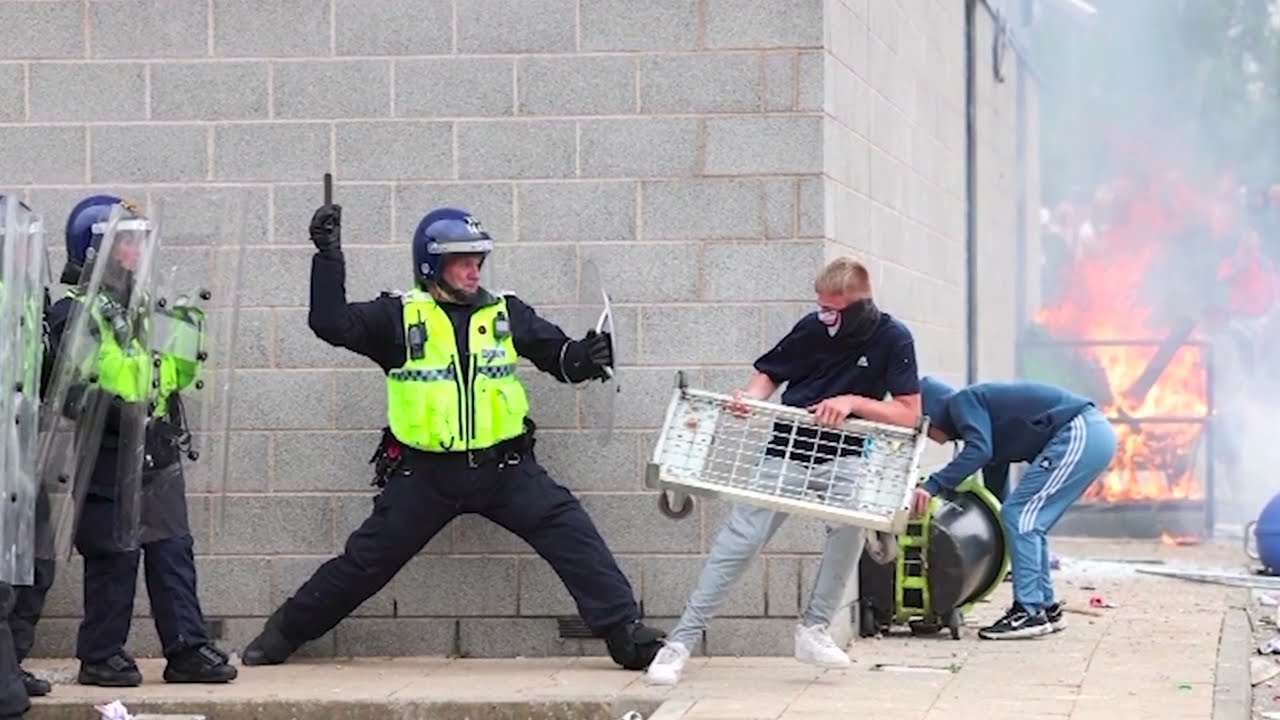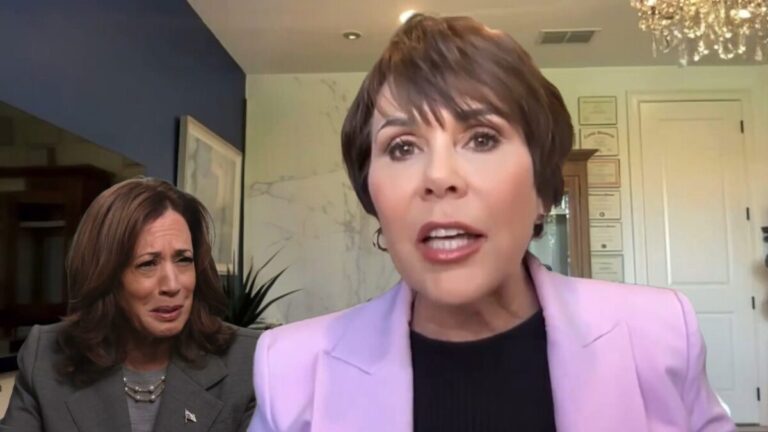With unrest gripping the UK, British police have arrested an 11-year-old child in connection with the riots in Middlesbrough, marking the youngest person detained during these tumultuous events. The backdrop to this arrest is a series of riots that have spread across Middlesbrough and Hartlepool, leaving the community reeling and law enforcement scrambling to restore order.
Absolutely insane. British police have arrested their youngest person yet over the unrest in Middlesborough—an 11-year-old. It’s unclear if he was picked up for posting mean tweets online like dozens of other suspects who’ve since been sent to prison.
After this morning's… pic.twitter.com/qVEZ58587d
— Ian Miles Cheong (@stillgray) August 28, 2024
https://twitter.com/SkyNews/status/1828786324641288623
The young detainee was apprehended as part of a broader police operation aimed at quelling the disorder that erupted earlier in August. According to reports, this operation involved a series of raids, with police making a total of 110 arrests related to the unrest. The riots, notable for their intensity, have been described as some of the worst in recent memory by local law enforcement officials. Superintendent Marc Anderson, involved in the police response, noted the unprecedented nature of the violence, expressing a sentiment shared by many in the community.
The arrest of such a young child has sparked significant public outcry, raising questions about the appropriateness and implications of involving minors in the legal repercussions of civil unrest. Arresting an 11-year-old reflects a failure to address the root causes of youth involvement in such activities and could damage the relationship between the community and law enforcement. Concerns about the psychological and social impact on the child have also been voiced, with advocates calling for more compassionate approaches to handling young offenders, particularly in the context of civil disobedience.
The broader implications for law enforcement and public policy in the UK are multifaceted. On one hand, the arrest underscores the challenges police face in maintaining order during periods of intense social unrest. On the other, it highlights the pressing need for strategies that prevent young people from being drawn into such environments in the first place. This incident serves as a stark reminder of the complex social issues—such as poverty, lack of opportunities, and disenfranchisement—that often underpin youth participation in riots and similar activities.
Community relations, already strained by the riots and police response, could face further deterioration if the underlying social issues are not addressed. For meaningful progress, it is crucial for policymakers, educators, and community leaders to work collaboratively to address these systemic problems. Implementing programs that engage youth positively, providing them with opportunities for growth and development, could be key in preventing future involvement in unrest.
The arrest of an 11-year-old amid the Middlesbrough riots is a wake-up call for the UK, highlighting the necessity of addressing the deeper social challenges that lead to such events. By focusing on prevention and community engagement, there is hope for fostering a more harmonious relationship between youth and society, ultimately contributing to a more stable and peaceful community.




Leave a Comment